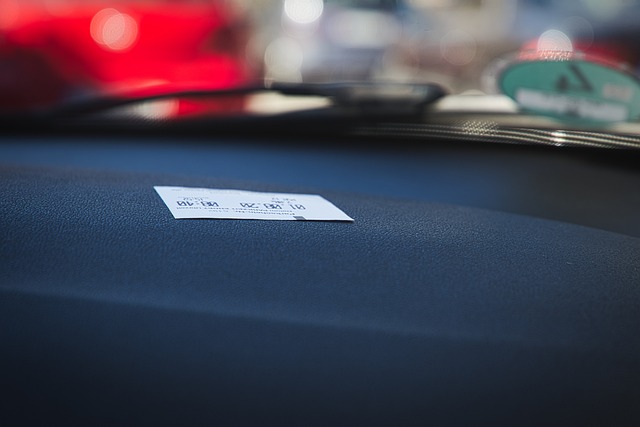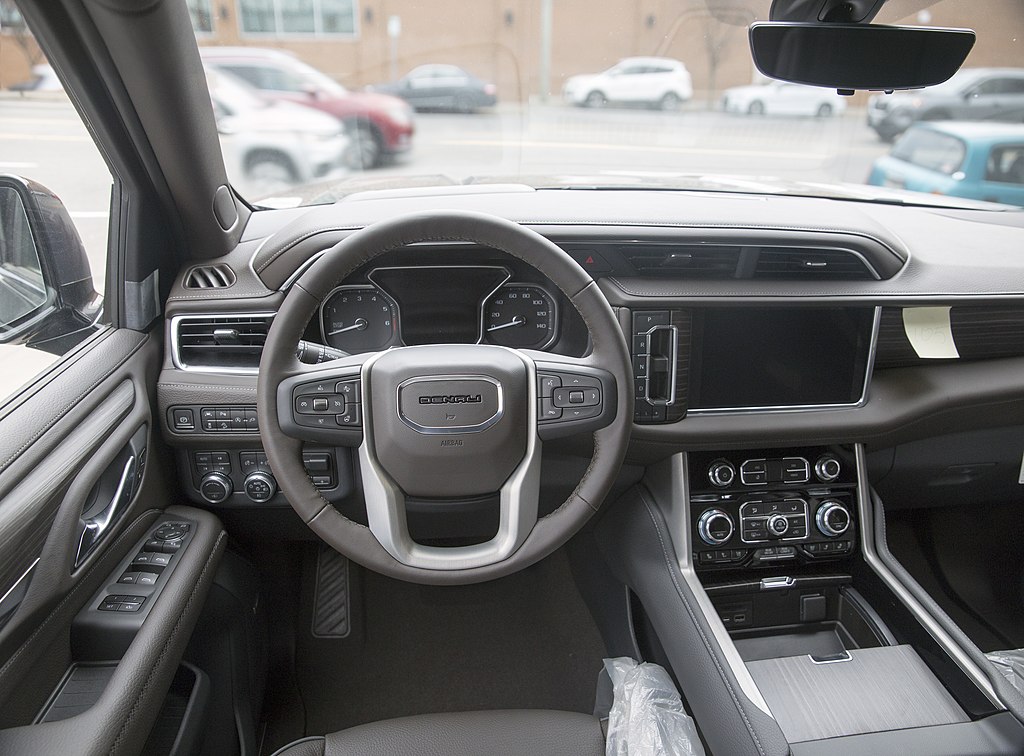Local Cars for Sale: A Practical Guide to Finding and Buying Nearby Vehicles
Purchasing a vehicle from local sellers offers unique advantages including the ability to inspect cars personally, avoid shipping costs, and build relationships with nearby dealers. Whether you're a first-time buyer or experienced car shopper, understanding the local market dynamics, inspection processes, and negotiation strategies can save you thousands while ensuring you drive away with a reliable vehicle that meets your needs and budget.

Local Cars for Sale: A Practical Guide to Finding and Buying Nearby Vehicles
Buying a car locally provides numerous benefits that online-only purchases cannot match. You can physically examine the vehicle, take comprehensive test drives, and often establish ongoing relationships with local dealers for future service needs. The local car market also offers immediate availability without waiting for shipping or transport arrangements.
Where to Search: Local Listings, Classifieds and Dealer Platforms
Successful car hunting begins with knowing where to look. Local newspaper classifieds remain valuable resources, particularly for private sellers offering competitive prices. Online platforms like Craigslist, Facebook Marketplace, and AutoTrader allow you to filter results by location, ensuring you find vehicles within reasonable driving distance.
Established dealerships provide structured inventory with warranties and financing options. Many dealers maintain websites showcasing current stock with detailed photos and specifications. Independent lots often offer more negotiation flexibility and unique finds not available at franchise locations.
Community bulletin boards, workplace announcements, and word-of-mouth referrals frequently yield excellent opportunities. These informal channels sometimes present well-maintained vehicles from known owners, providing valuable background information about maintenance history and driving habits.
Inspecting a Used Car in Person: Key Checks and Test Drive Tips
Physical inspection reveals details that photos cannot capture. Examine the exterior for rust, dents, paint inconsistencies, and panel alignment issues that might indicate accident damage. Check tire wear patterns, which can signal alignment problems, suspension issues, or poor maintenance practices.
Under the hood, look for fluid leaks, corroded components, and unusual wear. Listen to the engine idle and note any irregular sounds, excessive vibration, or rough running conditions. Interior inspection should cover seat wear, electronic functionality, and overall cleanliness indicating previous care levels.
Test drives should include city streets, highway speeds, and parking maneuvers. Pay attention to steering responsiveness, brake feel, transmission shifting, and any unusual noises or vibrations. Test all electrical systems including lights, air conditioning, radio, and charging ports to ensure complete functionality.
Pricing and Negotiation: Assessing Value and Making Offers
Research comparable vehicles using resources like Kelley Blue Book, Edmunds, and local market analysis to establish fair value ranges. Consider factors like mileage, condition, maintenance records, and regional demand when determining appropriate offer amounts.
Negotiation strategies vary between private sellers and dealers. Private parties often have more emotional attachment but greater flexibility, while dealers work within established profit margins but offer structured processes. Document any discovered issues during inspection as negotiation points for price reduction.
Timing can influence negotiations significantly. End-of-month, quarter, or model-year periods often present opportunities for better deals as sellers work to meet targets or clear inventory.
| Vehicle Type | Average Price Range | Typical Negotiation Room |
|---|---|---|
| Compact Cars | $8,000 - $15,000 | 5-10% |
| Mid-size Sedans | $12,000 - $22,000 | 8-15% |
| SUVs | $15,000 - $30,000 | 10-20% |
| Pickup Trucks | $18,000 - $35,000 | 12-18% |
| Luxury Vehicles | $20,000 - $50,000+ | 15-25% |
Prices, rates, or cost estimates mentioned in this article are based on the latest available information but may change over time. Independent research is advised before making financial decisions.
Vehicle History, Inspections and Required Paperwork
Obtain the vehicle identification number (VIN) to run comprehensive history reports through services like Carfax or AutoCheck. These reports reveal accident history, flood damage, previous owners, and maintenance records that influence value and reliability expectations.
Professional pre-purchase inspections by qualified mechanics provide detailed assessments of mechanical condition, safety systems, and potential future repair needs. While this service typically costs $100-200, it can prevent costly surprises and strengthen negotiation positions.
Essential paperwork includes the title (properly signed), bill of sale, maintenance records, and any warranty documentation. Verify that the seller legally owns the vehicle and has authority to transfer ownership. Lien information must be clearly documented if applicable.
Finalizing the Purchase: Payment, Transfer, Delivery and Local Fees
Payment methods vary by situation and amount. Cash offers often provide negotiation advantages but require careful handling for security. Certified checks or bank transfers offer protection for larger amounts while maintaining seller confidence in fund availability.
Title transfer procedures differ by location but typically require proper signatures, notarization, and fee payment. Research local Department of Motor Vehicles requirements to ensure smooth ownership transition and avoid processing delays.
Local fees may include sales tax, registration costs, title transfer charges, and inspection requirements. These expenses can add several hundred to over a thousand dollars to the total purchase cost, depending on vehicle value and local regulations.
Arrange insurance coverage before taking possession, as most jurisdictions require proof of insurance for registration and legal operation. Contact your insurance provider to add the vehicle before pickup or delivery arrangements.
Successful local car purchases require thorough preparation, careful inspection, informed negotiation, and proper documentation. Taking time for each step ensures you acquire a reliable vehicle at fair market value while avoiding common pitfalls that can lead to expensive problems or legal complications.




